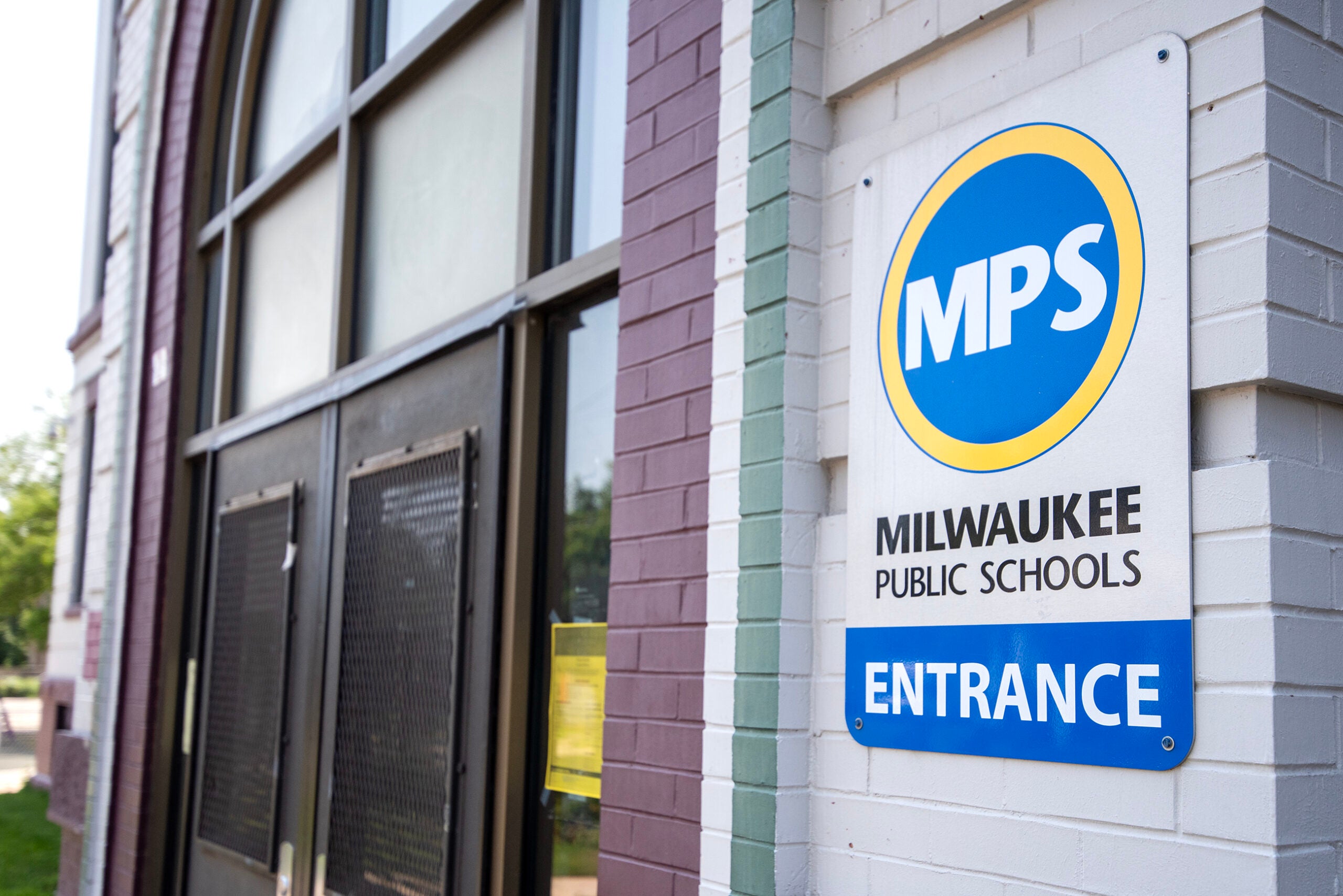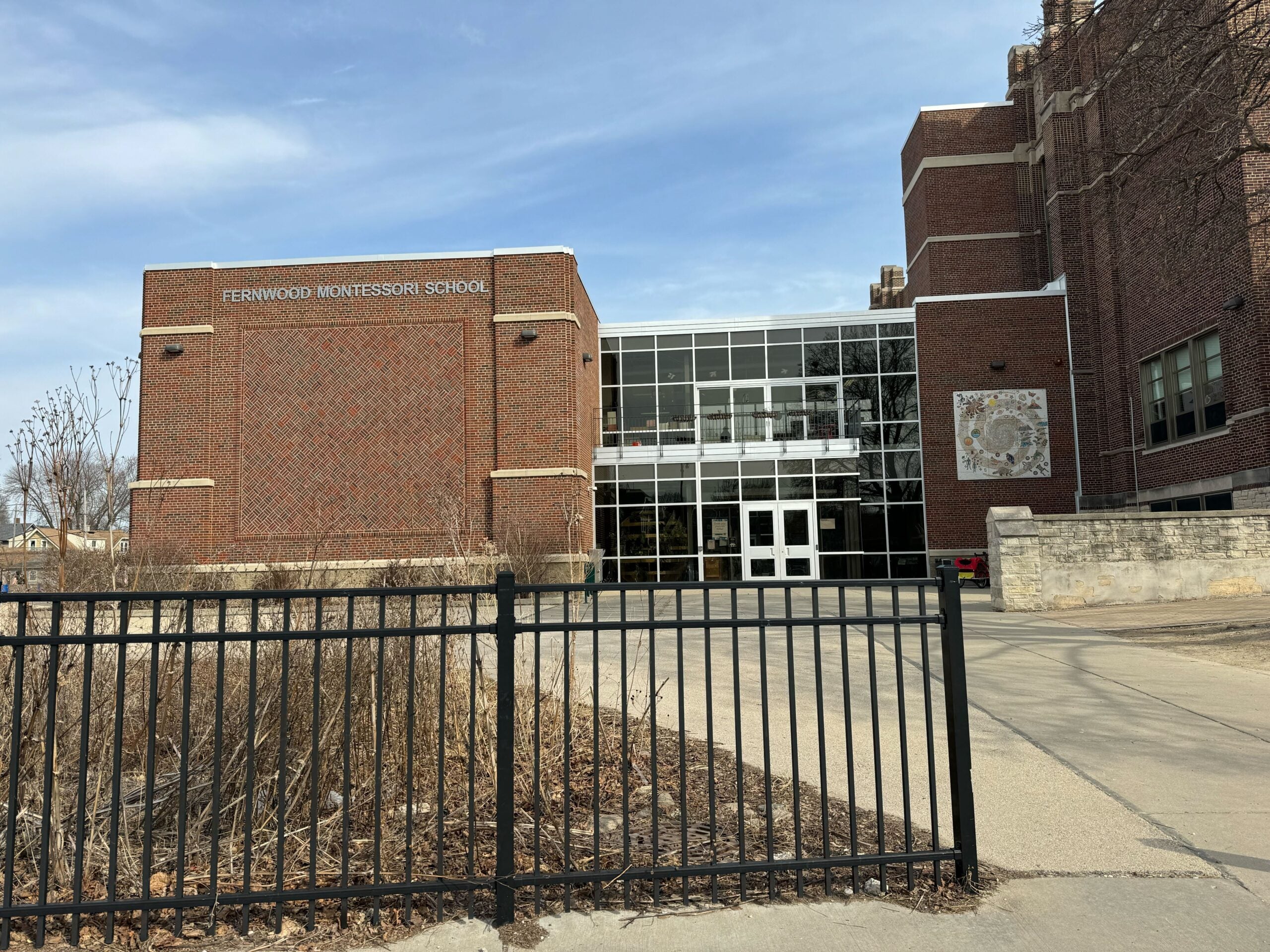A conservative advocacy group has dropped a lawsuit against the state Department of Public Instruction (DPI) over private school voucher eligibility, after the DPI and the Department of Revenue (DOR) said they’d end a policy that barred families from reapplying for vouchers during an enrollment period.
The Wisconsin Institute for Law and Liberty (WILL), which is also suing the state’s election agency over maintaining its voter rolls, brought the suit on behalf of a West Allis family; the school where the family had wanted to send their children using vouchers, Heritage Christian Schools; and School Choice Wisconsin Action.
The Olguin family had applied to send their first- and ninth-graders to Heritage, but the DPI determined they made $47 over the income threshold and denied them vouchers. The family contributed more to an IRA account, resubmitted their tax form and then tried to reapply, but were blocked by DPI policy from putting in a second application during the same cycle.
News with a little more humanity
WPR’s “Wisconsin Today” newsletter keeps you connected to the state you love without feeling overwhelmed. No paywall. No agenda. No corporate filter.
Under Wisconsin law, families can apply for state aid to help send their children to private school through the private school choice programs in the Milwaukee or Racine school districts or through a statewide program. The program is limited by the student’s eligibility, and the family’s financial situation. The institute argued that the “one and done” policy of not allowing families to reapply with new evidence showing they meet eligibility requirements wasn’t outlined in state law, and was illegal.
“It created problems for families who should have been in the program, and had a right to be in the program, but couldn’t get the income determination they needed to get in,” said Lucas Vebber, deputy council at WILL.
DPI spokesman Chris Boucher said in an email that situations where families are denied eligibility and then blocked from reapplying in the same year happened “infrequently.” Vebber said his organization heard about other families impacted by the inability to resubmit after WILL filed the lawsuit, but didn’t have numbers on it.
DPI and the Department of Revenue entered into a “memorandum of understanding,” a document that, in this case, stipulates that if a family is deemed ineligible for the voucher program but believes DOR was incorrect in its decision, the family can submit additional information — like an amended tax return — for consideration.
Boucher said in the email that DPI doesn’t have legal concerns about families being able to reapply. He said prior to the memorandum, DPI’s system was not set up to allow for amended returns or resubmissions because DOR had said it could not accept amended returns.
Vebber, with WILL, said the Olguin family was able to resubmit for voucher eligibility with their amended tax return, and has been granted vouchers for their kids to enter Heritage Christian in the fall.
“We feel really good about the outcome of the case,” he said. “The new policy that is reflective of what the statute actually requires, and we’re hopeful that no other family going forward is going to have to go through the same thing that our client did here when it comes to applying for the program.”
Wisconsin Public Radio, © Copyright 2026, Board of Regents of the University of Wisconsin System and Wisconsin Educational Communications Board.






